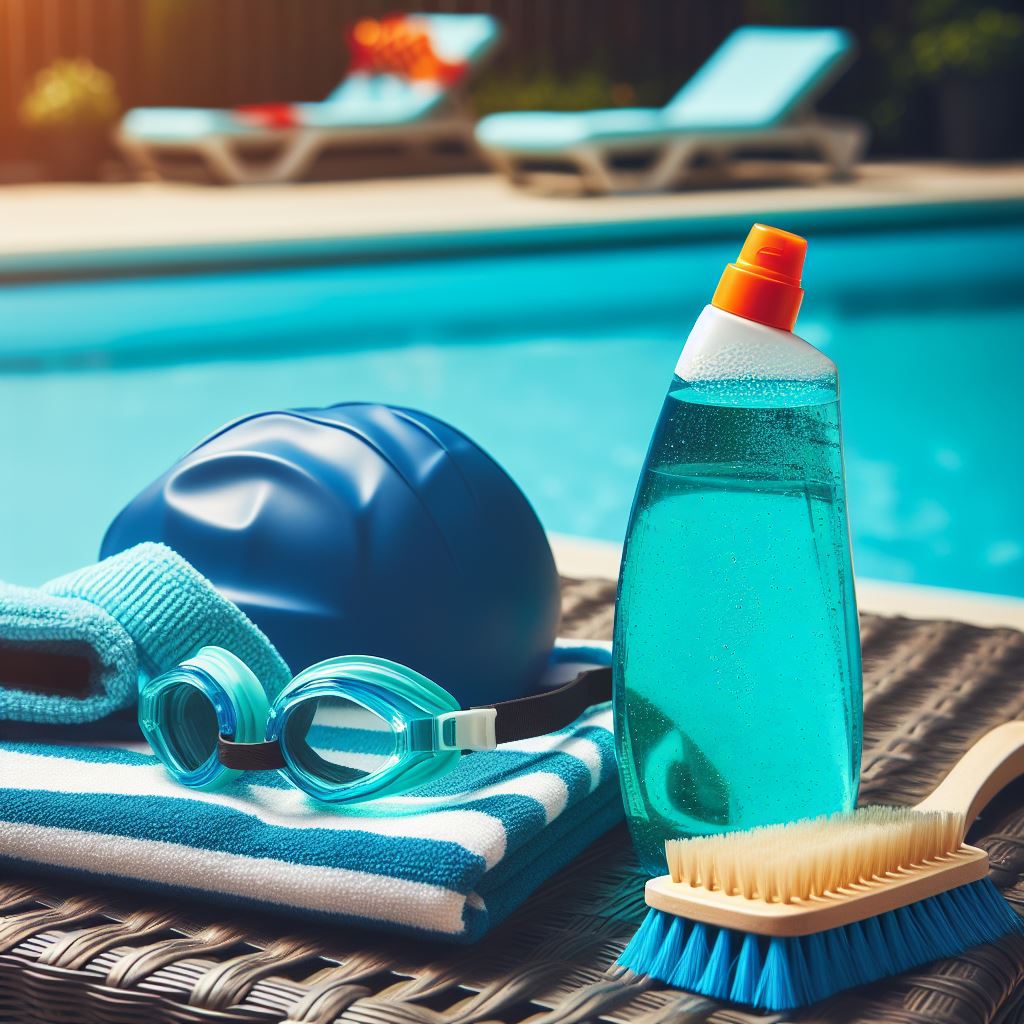Maintaining proper water quality is paramount for the safety and enjoyment of swimmers in swimming pools. Algaecides, a crucial component of pool maintenance, are utilized to prevent algae growth and uphold crystal-clear water. However, opting not to use algaecides can precipitate various water quality issues. This article explores in detail the potential problems associated with eschewing pool algaecides and provides insights into alternative strategies for sustaining water quality.

The Importance of Algaecides in Pool Maintenance
Algaecides are indispensable in pool maintenance for several reasons:
Algae Prevention: Algaecides act as a deterrent to algae growth in swimming pools, thwarting the formation of unsightly green or black algae blooms.
Water Clarity: Algae proliferation can cloud the water and impair its clarity, diminishing the swimming experience and potentially posing safety hazards.
Health Concerns: Certain algae varieties can harbor harmful bacteria and pathogens, heightening health risks for swimmers.
Aesthetic Appeal: Algae-free water enhances the aesthetic allure of swimming pools, creating a more inviting ambiance for swimmers.
The Impact of Not Using Pool Algaecides on Water Quality
Algae Proliferation: The primary repercussion of forgoing pool algaecides is the unchecked growth of algae in the water. In the absence of algaecides to impede their growth, algae can rapidly multiply and spread throughout the pool.
Water Discoloration
Algae blooms can lead to water discoloration, manifesting in shades ranging from green to black, contingent on the type of algae present. Discolored water is unappealing and may dissuade swimmers from utilizing the pool.
Reduced Water Clarity
Algae infestation can obscure the water and diminish its clarity, hindering visibility of the pool bottom and heightening the risk of accidents.
Increased Maintenance Requirements
Devoid of algaecides, pool owners may necessitate dedicating additional time and effort to manual cleaning and maintenance endeavors aimed at eradicating algae and reinstating water quality.
Health Hazards
Algae-infested water poses health risks to swimmers, as certain algae species can harbor bacteria and pathogens that have the potential to induce infections or illnesses.
Alternative Strategies for Maintaining Water Quality
While algaecides serve as an effective measure for thwarting algae growth, alternative strategies exist for upholding water quality in swimming pools:
Chlorine Shock Treatment: Regular application of shock treatments with chlorine can deter algae growth by thoroughly sanitizing the pool water and eradicating algae spores.
Proper Filtration: Ensuring the proper functionality of the pool filtration system and undertaking routine filter cleanings to eliminate debris and contaminants from the water.
Balanced Water Chemistry: Regularly monitoring and adjusting pH, alkalinity, and sanitizer levels to establish an environment less conducive to algae growth.
Manual Cleaning: Consistently skimming the pool surface, brushing the walls and floor, and vacuuming the pool to eliminate debris and prevent algae accumulation.
Conclusion
In conclusion, eschewing pool algaecides can engender a myriad of water quality issues, encompassing algae proliferation, water discoloration, reduced clarity, heightened maintenance demands, and health hazards for swimmers. While algaecides represent an efficacious solution for forestalling algae growth, alternative strategies including chlorine shock treatment, proper filtration, balanced water chemistry, and manual cleaning can also contribute to sustaining water quality in swimming pools. It is imperative for pool owners to adopt and adhere to appropriate maintenance practices to ensure the provision of clean, clear, and safe swimming pool water for all users.

 Instant
Quote
Instant
Quote Email
Us
Email
Us